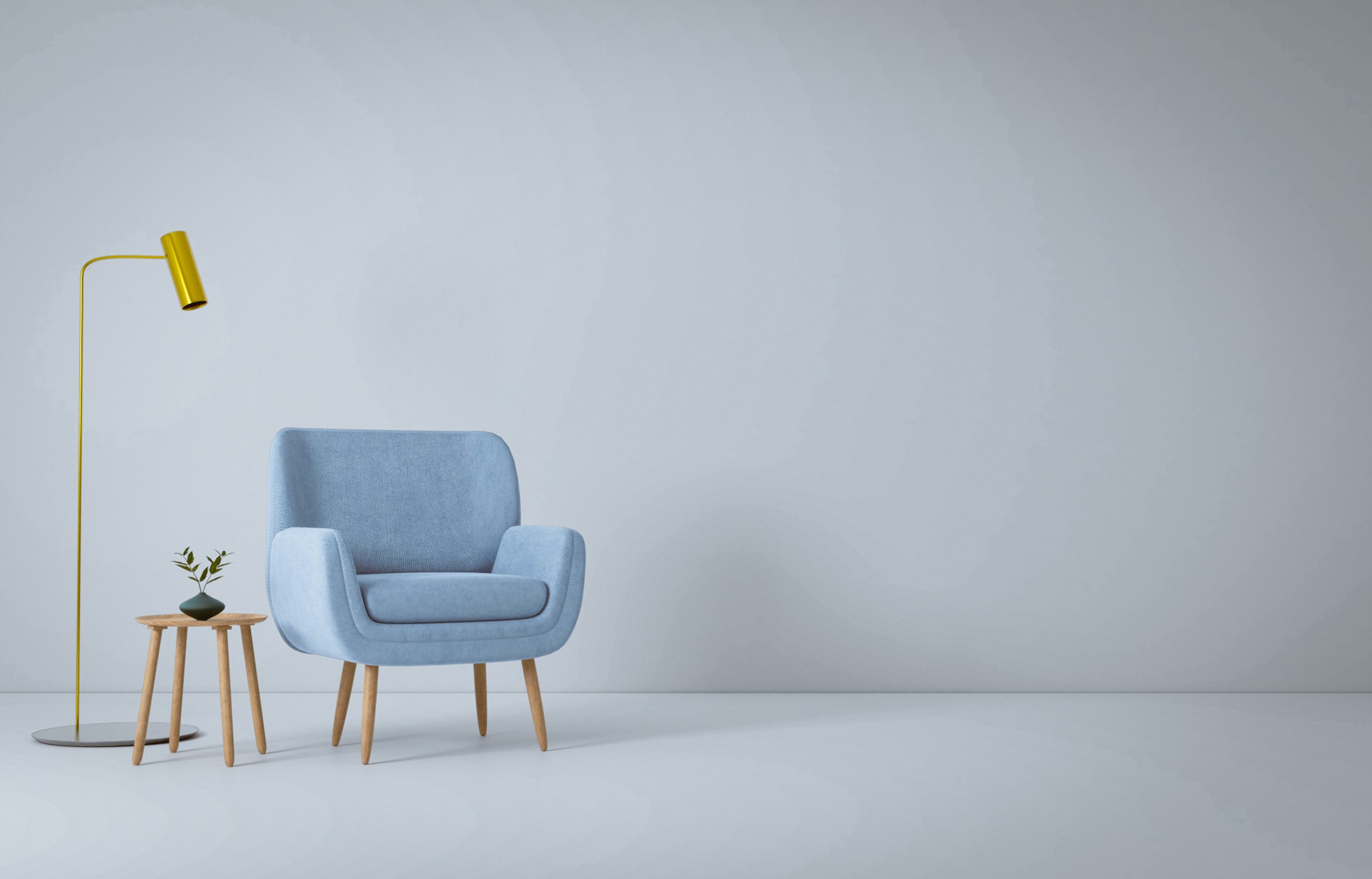Introduction
Interior design is a profession that involves designing and creating functional and aesthetically pleasing spaces. It is a field that requires creativity, attention to detail, and the ability to work with clients to bring their vision to life. If you have a passion for design and enjoy transforming spaces, interior design can be a rewarding career choice. In this blog post, we will explore the various aspects of interior design as a profession and discuss why it can be a good job.
Creative Expression and Design Opportunities
One of the most appealing aspects of interior design is the opportunity for creative expression. As an interior designer, you have the freedom to showcase your unique style and design sensibilities. Whether you prefer modern, minimalist, or eclectic designs, you can create spaces that reflect your personal aesthetic and leave a lasting impression on clients.
Additionally, interior design offers a wide range of design opportunities. From residential to commercial spaces, there is a diverse range of projects to work on. Whether it’s designing a cozy living room, a stylish office space, or a luxurious hotel suite, each project presents its own set of challenges and rewards.
Job Stability and Growth
Interior design is a profession that is in demand across various industries. As the real estate market continues to grow and evolve, the need for skilled interior designers is on the rise. Whether it’s new construction, renovations, or home staging, there are ample opportunities for interior designers to secure steady employment.
Furthermore, the interior design industry offers room for growth and advancement. With experience and a strong portfolio, interior designers can progress to higher-level positions, such as senior designer or design director. They can also choose to specialize in specific areas, such as sustainable design, healthcare design, or hospitality design, which can open up new avenues for professional growth.
Client Interaction and Collaboration
Interior design is a client-oriented profession, which means you will have the opportunity to work closely with clients and understand their needs and preferences. This collaboration allows for a more personalized and tailored approach to design. By actively involving clients in the design process, you can create spaces that truly reflect their lifestyle and taste.
The client interaction aspect of interior design also adds a social element to the job. Building relationships with clients and understanding their unique stories and backgrounds can be incredibly rewarding. It allows you to make a positive impact on people’s lives by creating spaces that enhance their well-being and happiness.
Flexibility and Work-Life Balance
Interior design offers a level of flexibility that is appealing to many professionals. While there may be deadlines and client meetings to attend, interior designers often have the freedom to set their own schedules and work from various locations. This flexibility can be especially beneficial for those who value work-life balance and want to have control over their time.
Additionally, interior design allows for a mix of independent work and collaboration. Depending on the project, you may have the opportunity to work independently on design concepts and presentations, while also collaborating with architects, contractors, and other professionals to bring the design to life. This balance of autonomy and teamwork can make the job both challenging and fulfilling.
Conclusion
Interior design can be a good job for those who have a passion for design, enjoy working with clients, and value creative expression. With its diverse range of design opportunities, job stability, and potential for growth, interior design offers a fulfilling and rewarding career path. If you are considering a career in interior design, take the time to research and explore the various aspects of the profession to determine if it aligns with your interests and goals.

